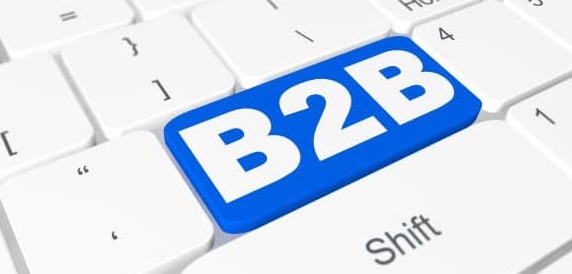
By Nei Tremarin, CMO of the Electronic Market
Business relations have been changing day after day and are moving towards a more connected and personal world. Individuals become more important than companies and demand an increasingly personalized and online experience. This is already a reality in Retail and tends to be, also, in negotiations between companies. Corporate buyers, for example, have followed the B2C trend of looking for digital media to make their acquisitions. This brings opportunities not only to win customers, but to expand the contracts that already exist, a very important action in the moment of economic instability in which we live.
A study by Forrester Research points out, for example, that the B2B customer, when using e-commerce, makes more purchases and for a longer time. In addition, 38% of those surveyed by the consultancy stated that customers who migrated online are more able to buy new products. If we put it at the tip of the pencil, having a B2B e-commerce generates a huge gain for the supplier, who now has a new way of doing business, complementing his sales force, with total efficiency and high growth potential.
Another advantage for the distribution company is the reduction of catalog printing costs. After all, the portfolio becomes the portal itself, which can have videos, technical specifications and any other necessary details. Prospecting trips, for example, also stop being frequent. An online store has a global reach and, coupled with a good marketing strategy, can reach places where the company had little or no performance without the need for high investments. Commuting to seek new customers gives rise to negotiation trips and closing strategic deals - and they are carried out only when necessary. In addition, it is possible to enter into partnerships with platforms that bring together several suppliers on a single website, the so-called marketplaces, so that buyers can compare prices and products. This increases the visibility and, consequently, the sales of e-commerce.
For customers, convenience, comfort, time savings and ease of purchase are great advantages. This practicality can even make him invest more in a purchase - if he doesn't pay more for a product, at least buy more items, as the Forrester survey also points out. But that only happens if he has a good shopping experience, after all, just like in the B2C scope, customers do not return to stores or portals in which they had difficulties.
It is not enough to have an e-commerce if it is difficult to use, without compatibility with mobile devices and with little visual appeal, or if you do not have a good service team behind it. Business users are increasingly omnichannel and need to be loyal as are retail consumers. Investing in the user experience is ensuring that your customers will return to your site whenever they need it.
A quality B2B e-commerce is an excellent investment and a competitive advantage for suppliers and distributors, as well as a practical and efficient tool for buyers. In a world that is moving towards being increasingly digital and with business relations closer to B2C, trade between companies cannot be left behind.













